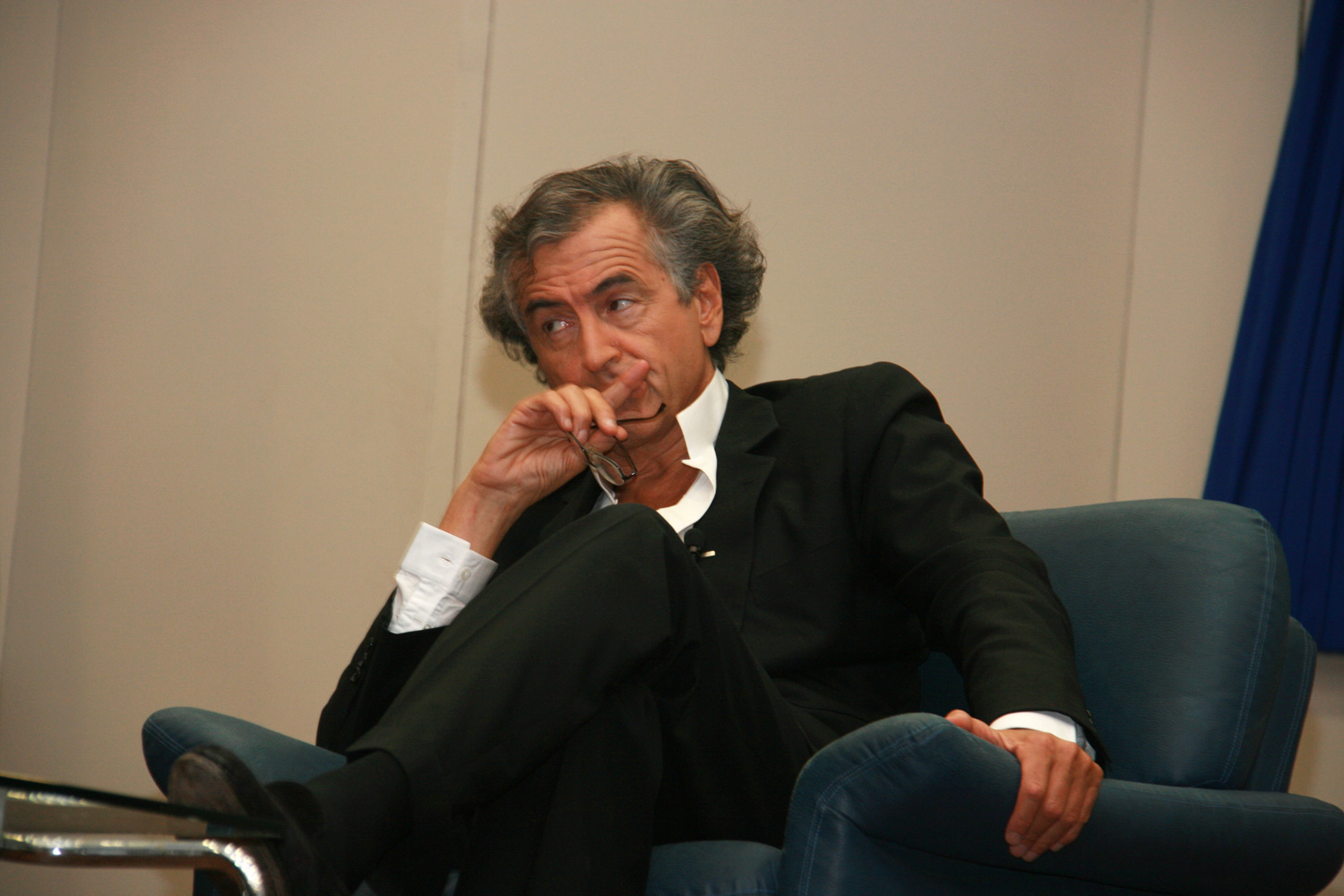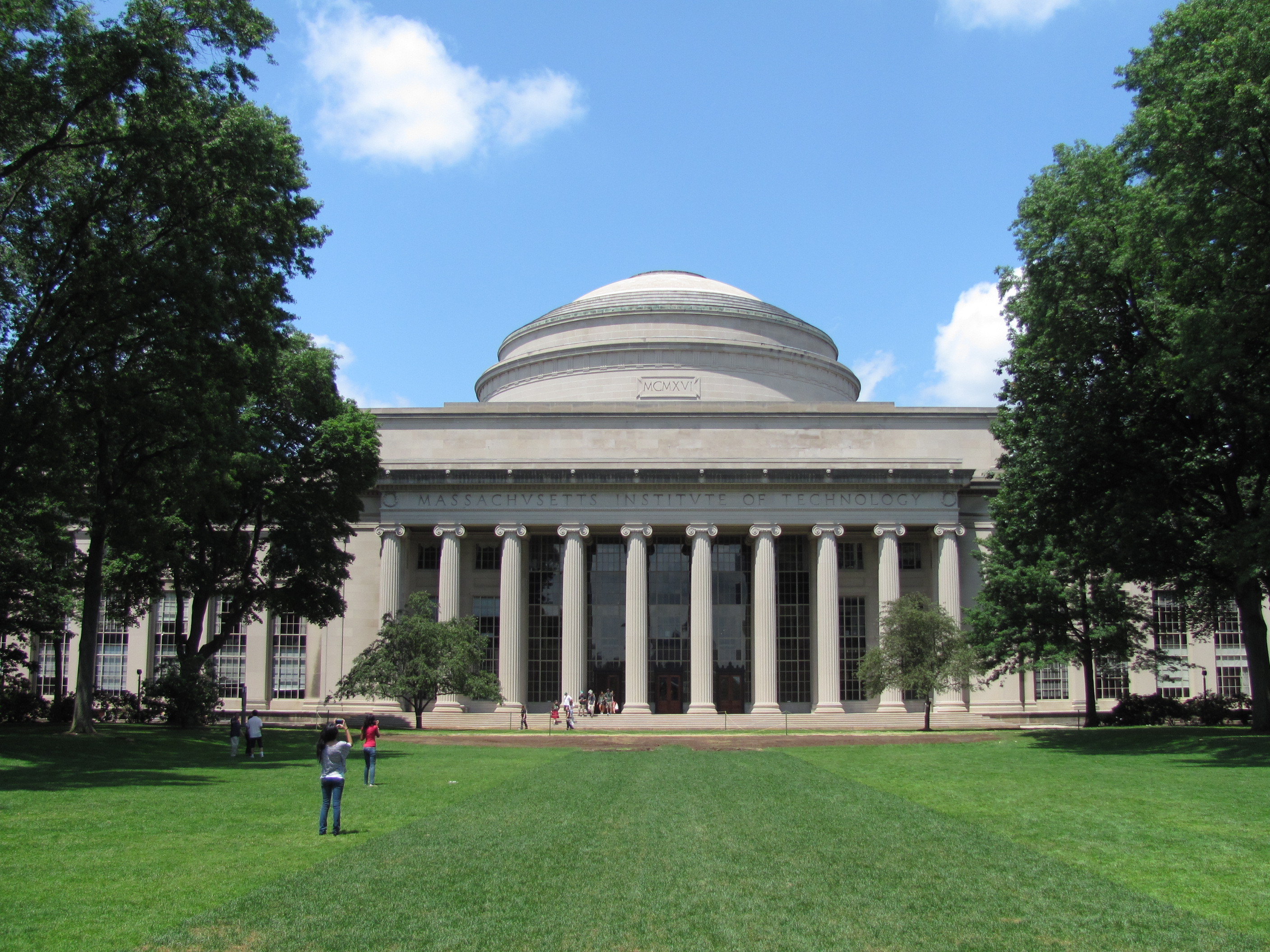|
1948 In Philosophy
1948 in philosophy Events * January 28 - The Copleston–Russell debate, a debate between Bertrand Russell and Frederick Copleston on the existence of God is broadcast by the BBC in the United Kingdom. * December 26 - The first series of Reith Lectures, Bertrand Russell on ''Authority and the Individual'', begins broadcasting by the BBC. Publications * Erich Rothacker, '' Probleme der Kulturanthropologie'' (in German, not yet translated into English, 1948) * Arnold J. Toynbee, '' Civilization on Trial'' (1948) * Norbert Wiener, '' Cybernetics: Or Control and Communication in the Animal and the Machine'' (1948) Births * February 12 - Ray Kurzweil * November 5 - Bernard-Henri Lévy * November 30 - Hans Moravec Deaths * January 30 - Mohandas Karamchand Gandhi (born 1869) * April 21 - Aldo Leopold (born 1887) References {{Reflist Philosophy Philosophy (from , ) is the systematized study of general and fundamental questions, such as those about existen ... [...More Info...] [...Related Items...] OR: [Wikipedia] [Google] [Baidu] |
Copleston–Russell Debate
The Copleston–Russell debate is an exchange concerning the existence of God between Frederick Copleston and Bertrand Russell broadcast on the BBC Third Programme on 28 January 1948 and again in April 1959. The debate centers on two points: the metaphysical and moral arguments for the existence of God. According to Graham Oppy and Nick Trakakis, the arguments used in this debate would typify the arguments presented by theists and atheists in the latter half of the 20th century, with Russell's approach often being used by atheists in the late 20th century. A text of the broadcast solicited by Michael Polanyi appeared in the final Autumn 1948 issue of the short-lived ''Humanitas, A University Quarterly'' journal. This was reprinted in the British edition of Russell's ''Why I Am Not A Christian and Other Essays on Religion and Related Subjects'' (1957) and in numerous anthologies since. Overview In the 1948 BBC Radio Debate between Bertrand Russell and Frederick Copleston, Copleston ... [...More Info...] [...Related Items...] OR: [Wikipedia] [Google] [Baidu] |
Or Control And Communication In The Animal And The Machine
Or or OR may refer to: Arts and entertainment Film and television * "O.R.", a 1974 episode of M*A*S*H * Or (My Treasure), a 2004 movie from Israel (''Or'' means "light" in Hebrew) Music * ''Or'' (album), a 2002 album by Golden Boy with Miss Kittin * ''O*R'', the original title of Olivia Rodrigo's album '' Sour'', 2021 * "Or", a song by Israeli singer Chen Aharoni in Kdam Eurovision 2011 * Or Records, a record label * Organized Rhyme, a Canadian hip-hop group featuring Tom Green Businesses and organizations * Or (political party) (), Israel * OR Books, an American publisher * Owasco River Railway, Auburn, New York, U.S. (by reporting mark) * TUI fly Netherlands, formerly ''Arke'', a Dutch charter airline (by IATA designator) Language and linguistics * Or (digraph), in the Uzbek alphabet * Or (letter) (or ''forfeda''), in Ogham, the Celtic tree alphabet * Odia language, an ancient Indo-Aryan tongue spoken in East India (ISO 639) * Or, an English grammatical conj ... [...More Info...] [...Related Items...] OR: [Wikipedia] [Google] [Baidu] |
1948
Events January * January 1 ** The General Agreement on Tariffs and Trade (GATT) is inaugurated. ** The Constitution of New Jersey (later subject to amendment) goes into effect. ** The railways of Britain are nationalized, to form British Railways. * January 4 – Burma gains its independence from the United Kingdom, becoming an independent republic, named the ''Union of Burma'', with Sao Shwe Thaik as its first President, and U Nu its first Prime Minister. * January 5 ** Warner Brothers shows the first color newsreel (''Tournament of Roses Parade'' and the ''Rose Bowl Game''). ** The first Kinsey Report, ''Sexual Behavior in the Human Male'', is published in the United States. * January 7 – Mantell UFO incident: Kentucky Air National Guard pilot Thomas Mantell crashes while in pursuit of an unidentified flying object. * January 12 – Mahatma Gandhi begins his fast-unto-death in Delhi, to stop communal violence during the Partition of India. * January 17 &nda ... [...More Info...] [...Related Items...] OR: [Wikipedia] [Google] [Baidu] |
Aldo Leopold
Aldo Leopold (January 11, 1887 – April 21, 1948) was an American writer, philosopher, naturalist, scientist, ecologist, forester, conservationist, and environmentalist. He was a professor at the University of Wisconsin and is best known for his book ''A Sand County Almanac'' (1949), which has been translated into fourteen languages and has sold more than two million copies. Leopold was influential in the development of modern environmental ethics and in the movement for wilderness conservation. His ethics of nature and wildlife preservation had a profound impact on the environmental movement, with his ecocentric or holistic ethics regarding land. He emphasized biodiversity and ecology and was a founder of the science of wildlife management. Early life Rand Aldo Leopold was born in Burlington, Iowa on January 11, 1887. His father, Carl Leopold, was a businessman who made walnut desks and was first cousin to his wife, Clara Starker. Charles Starker, father of Carl and uncle to ... [...More Info...] [...Related Items...] OR: [Wikipedia] [Google] [Baidu] |
Mohandas Karamchand Gandhi
Mohandas Karamchand Gandhi (; ; 2 October 1869 – 30 January 1948), popularly known as Mahatma Gandhi, was an Indian lawyer, Anti-colonial nationalism, anti-colonial nationalist Quote: "... marks Gandhi as a hybrid cosmopolitan figure who transformed ... anti-colonial nationalist politics in the twentieth-century in ways that neither indigenous nor westernized Indian nationalists could." and Political ethics, political ethicist Quote: "Gandhi staked his reputation as an original political thinker on this specific issue. Hitherto, violence had been used in the name of political rights, such as in street riots, regicide, or armed revolutions. Gandhi believes there is a better way of securing political rights, that of nonviolence, and that this new way marks an advance in political ethics." who employed nonviolent resistance to lead the successful Indian independence movement, campaign for India's independence from British Raj, British rule, and to later inspire movements ... [...More Info...] [...Related Items...] OR: [Wikipedia] [Google] [Baidu] |
Hans Moravec
Hans Peter Moravec (born November 30, 1948, Kautzen, Austria) is an adjunct faculty member at the Robotics Institute of Carnegie Mellon University in Pittsburgh, USA. He is known for his work on robotics, artificial intelligence, and writings on the impact of technology. Moravec also is a futurist with many of his publications and predictions focusing on transhumanism. Moravec developed techniques in computer vision for determining the region of interest (ROI) in a scene. Background Moravec attended Loyola College in Montreal for two years and transferred to Acadia University, where he received his BSc in mathematics in 1969. He received his MSc in computer science in 1971 from the University of Western Ontario. He then earned a PhD from Stanford University in 1980 for a TV-equipped robot which was remote controlled by a large computer. The robot was able to negotiate cluttered obstacle courses. Another achievement in robotics was the discovery of new approaches for ... [...More Info...] [...Related Items...] OR: [Wikipedia] [Google] [Baidu] |
Bernard-Henri Lévy
Bernard-Henri Lévy (; ; born 5 November 1948) is a French public intellectual. Often referred to in France simply as BHL, he was one of the leaders of the " Nouveaux Philosophes" (New Philosophers) movement in 1976. His opinions, political activism and publications have also been the subject of several controversies over the years. Life and career Early life and career Lévy was born in 1948 in Béni Saf, French Algeria, to an affluent Sephardic Jewish ( Algerian-Jewish) family. His family moved to Paris a few months after his birth. He is the son of Dina (Siboni) and André Lévy, the founder and manager of a timber company, Becob, and became a multimillionaire from his business. His father participated in the battle of Monte Cassino during World War II. He is the brother of Philippe Levy and . After attending the Lycée Louis-le-Grand in Paris, Lévy entered the École Normale Supérieure in 1968 and graduated with a degree in philosophy in 1971. His professors there i ... [...More Info...] [...Related Items...] OR: [Wikipedia] [Google] [Baidu] |
Ray Kurzweil
Raymond Kurzweil ( ; born February 12, 1948) is an American computer scientist, author, inventor, and futurist. He is involved in fields such as optical character recognition (OCR), text-to-speech synthesis, speech recognition technology, and electronic keyboard instruments. He has written books on health, artificial intelligence (AI), transhumanism, the technological singularity, and futurism. Kurzweil is a public advocate for the futurist and transhumanist movements and gives public talks to share his optimistic outlook on life extension technologies and the future of nanotechnology, robotics, and biotechnology. Kurzweil received the 1999 National Medal of Technology and Innovation, the United States' highest honor in technology, from then President Bill Clinton in a White House ceremony. He was the recipient of the $500,000 Lemelson-MIT Prize for 2001. He was elected a member of the National Academy of Engineering in 2001 for the application of technology to improve human-m ... [...More Info...] [...Related Items...] OR: [Wikipedia] [Google] [Baidu] |
Norbert Wiener
Norbert Wiener (November 26, 1894 – March 18, 1964) was an American mathematician and philosopher. He was a professor of mathematics at the Massachusetts Institute of Technology (MIT). A child prodigy, Wiener later became an early researcher in stochastic and mathematical noise processes, contributing work relevant to electronic engineering, electronic communication, and control systems. Wiener is considered the originator of cybernetics, the science of communication as it relates to living things and machines, with implications for engineering, systems control, computer science, biology, neuroscience, philosophy, and the organization of society. Norbert Wiener is credited as being one of the first to theorize that all intelligent behavior was the result of feedback mechanisms, that could possibly be simulated by machines and was an important early step towards the development of modern artificial intelligence. Biography Youth Wiener was born in Columbia, Missouri, the first ... [...More Info...] [...Related Items...] OR: [Wikipedia] [Google] [Baidu] |
Bertrand Russell
Bertrand Arthur William Russell, 3rd Earl Russell, (18 May 1872 – 2 February 1970) was a British mathematician, philosopher, logician, and public intellectual. He had a considerable influence on mathematics, logic, set theory, linguistics, artificial intelligence, cognitive science, computer science and various areas of analytic philosophy, especially philosophy of mathematics, philosophy of language, epistemology, and metaphysics.Stanford Encyclopedia of Philosophy"Bertrand Russell" 1 May 2003. He was one of the early 20th century's most prominent logicians, and a founder of analytic philosophy, along with his predecessor Gottlob Frege, his friend and colleague G. E. Moore and his student and protégé Ludwig Wittgenstein. Russell with Moore led the British "revolt against idealism". Together with his former teacher A. N. Whitehead, Russell wrote ''Principia Mathematica'', a milestone in the development of classical logic, and a major attempt to reduce the whole ... [...More Info...] [...Related Items...] OR: [Wikipedia] [Google] [Baidu] |
Civilization On Trial
A civilization (or civilisation) is any complex society characterized by the development of State (polity), a state, social stratification, urban area, urbanization, and Symbol, symbolic systems of communication beyond natural language, natural spoken language (namely, a writing system). Civilizations are intimately associated with additional characteristics such as centralization, the domestication of plant and animal species (including humans), division of labor, specialization of labour, culturally-ingrained Idea of Progress, ideologies of progress, monumental architecture, taxation, societal dependence upon farming, and expansionism. Historically, a civilization has often been understood as a larger and "more advanced" culture, in implied contrast to smaller, supposedly less advanced cultures. In this broad sense, a civilization contrasts with non-centralized tribal societies, including the cultures of nomadic pastoralists, Neolithic societies or hunter-gatherers; however ... [...More Info...] [...Related Items...] OR: [Wikipedia] [Google] [Baidu] |




.jpg)


